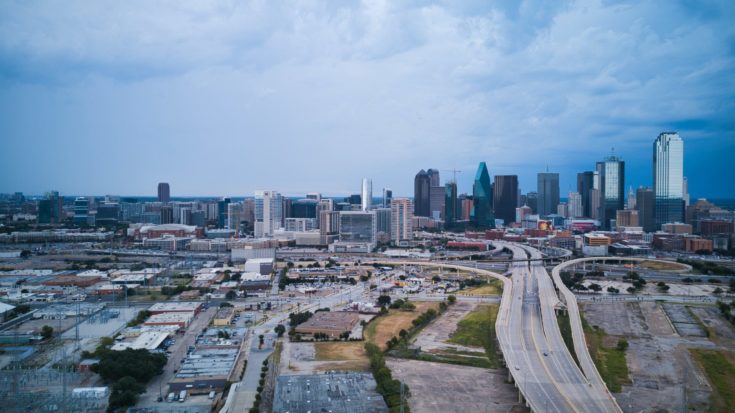The Dallas City Council has approved new regulations to enforce licensing requirements for properties that allow guests and place restrictions on short-term rentals. A majority of council members backed the City Plan Commission’s recommendation to ban short-term rentals. This impacts websites, like Airbnb and Vrbo, in residential areas zoned for single-family homes.
Changes include limiting rentals to one per dwelling, mandating private parking and keeping vacation rentals legal in multi-family areas. The council also passed an ordinance mandating annual registration, the payment of fees and taxes, the observance of occupancy and noise limits and the presence of a contact person available to respond to emergencies within one hour. By June 2025, a council committee will conduct another review of the rules.
Paul Ridley of the Dallas City Council, who has been a vocal proponent of removing short-term rentals from residential areas, emphasized the importance of taking action to protect the quality of life in the city’s neighborhoods. More than 25 people who spoke to the council backed the “Keep It Simple Solution” proposed by the commission. Some even wore T-shirts with the slogan “Homes Not Hotels” to show their support for the idea.
Existing registered short-term rental operators were not approved to continue under stricter regulations. Council member Chad West raised concerns that a ban might not survive challenges in federal court or future state legislation overturning such bans. Others voiced doubts about the city’s ability to enforce the new rules.
Dallas Residents Complaints
Residents’ complaints about noise, trash and gun violence prompted the city of Dallas to enact stricter regulations on short-term rentals. Some residents believe that short-term rentals should be treated like hotels and banned from residential areas. While others argue that they should be subject to stricter regulations, but not outright banned. Although there are over 5,500 short-term rentals in Dallas, the city estimates that around 1,800 of them are active.
The code compliance office anticipates at least six months will pass before enforcement can begin. It is primarily based on responding to complaints, due to the complexity and scope of the new regulations. Members of the city council said they hoped the alterations would lead to a more tranquil city over time.
